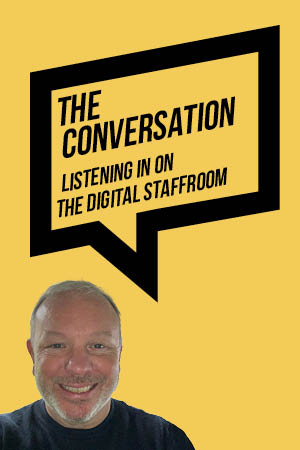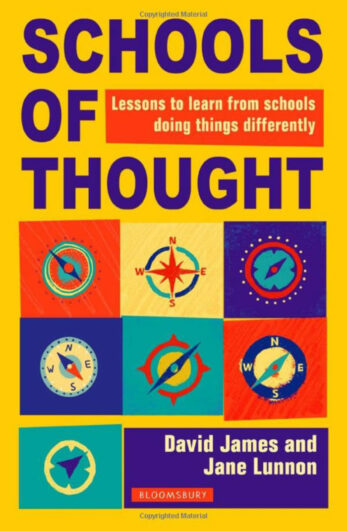British Journal of Educational Studies. Published online February 17, 2015. Open access
Research: We can get everything we want if we try hard: young people, celebrity and hard work
Authors: Heather Mendick, Kim Allen, Laura Harvey
Like it or not, celebrities matter. It’s easy to be sniffy about the idols children hold – but adults are no better. There’s a reason why OK! magazine and the Daily Mail are in rude health, and it isn’t because children are holding up the establishment.
Likewise, it’s easy to be sniffy about education research that looks at celebrities. When it was released last week, social media lit up with people claiming that it wasn’t “real” research. It didn’t have statistics, and it was about pop culture – how could it be of value?
I can only assume that they hadn’t read it. Because it is fascinating.
The researchers interviewed groups of teenagers, aged 11 to 18, across England about their views on celebrities and hard work. First, because “effort” is something young people tend to hide. Anyone who has ever watched a teenager do their hair will know the tremendous effort that goes into hiding the fact that any effort was ever made at all. The same goes for homework, and exam revision. Hence, the researchers assumed that children would prefer celebrities who appear “effortless”.
Second, they wondered about children’s views of “hard work”. The Conservative party fondly uses the phrase “hard-working families”; politicians disregard The X Factor as “easy fame”; people who don’t work hard are “skivers”. All these messages, the researchers hypothesised, might influence what young people feel about hard work.
On that point they were right. On the “effortlessness”, they were dead wrong.
Most young people when they grow up want to be white, male and rich
In a well-written, punchy article (all too rare in academic texts) they give snippets of their conversations with young people and the nuanced views they held on effort.
Contra to expectation, young people preferred artists who they felt had worked hard. While they often thought talent mattered, they also noted hard work. Pop star Ed Sheeran, apparently worked hard, gigging in streets and climbing his way up; Justin Bieber, on the other hand, “got lucky”. (This bit made me mildly suspicious as I’m not convinced that anyone who has maintained the sort of global reach as Bieber doesn’t work hard, even if the initial burst of fame was mostly luck).
Also against expectation, “glam” celebrities such as Kim Kardashian and Katie Price (pictured) were most often negatively evaluated by participants – “inadequate mothering” and “multiple sexual partners” were looked down on and their focus on body image was “inauthentic”. The researchers do well here to point out that this is a little strange, as considerable hard work goes into maintaining one’s body. (Whether one agrees with the adjustments or not, it’s undeniable that each of these women spends hours, money and effort on them). They also raise the possibility of gender and class issues – and note that working-class participants were more likely to see the entrepreneurial aspects of these celebrities, seeing them as “business people”.
A further twinge of sadness is felt when the researchers mention that when young people are asked to select the most aspirational celebrities that they mostly pick technology entrepreneurs and businessmen, leaving the devastating conclusion that what most young people want to be when they grow up is white, male and rich.
This is qualitative research at its finest. It asks interesting questions and provides insights about young people’s dreams that we might otherwise stereotype. Is it “educational” research? It is if you think that children’s dreams matter in education. And if you don’t, then I wonder what you’re doing in a school.







Your thoughts